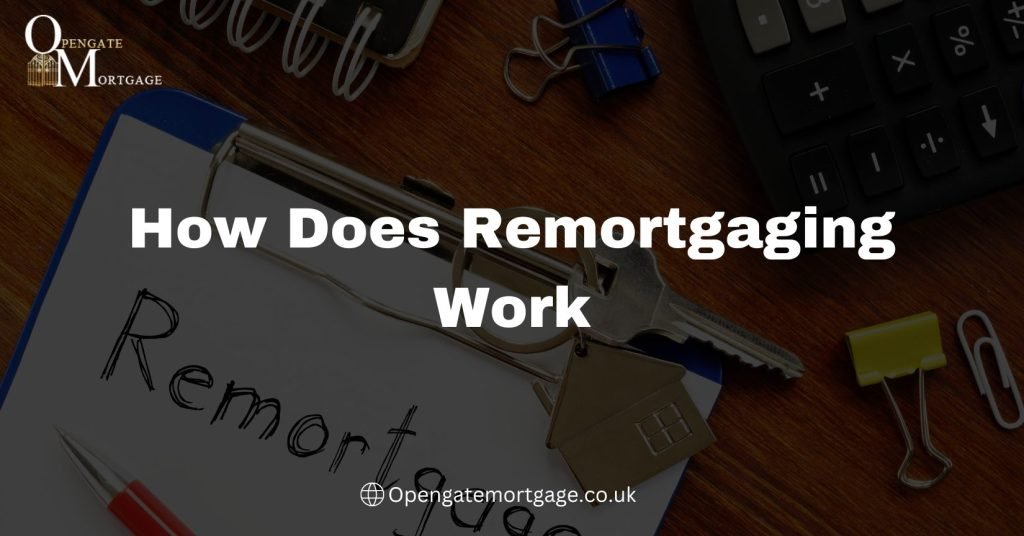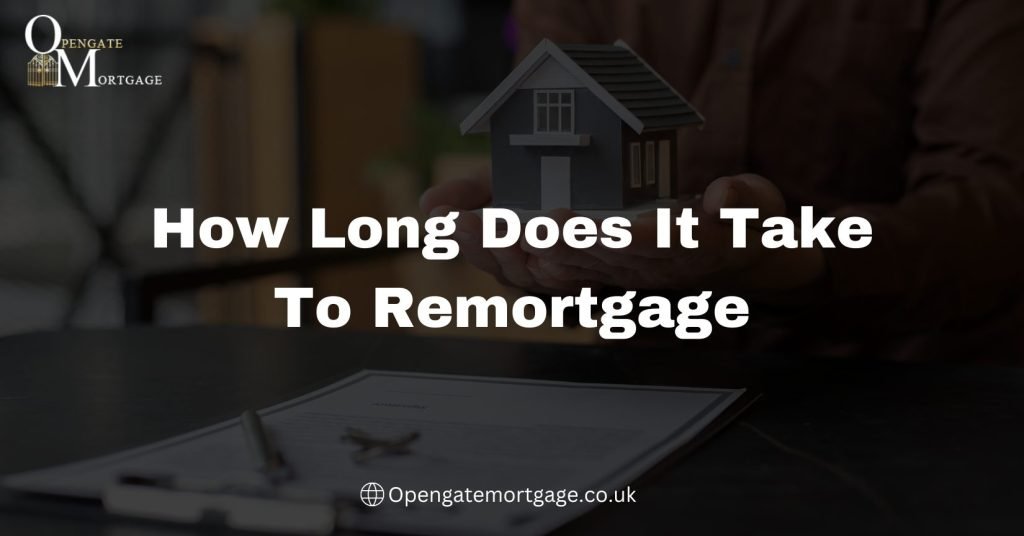As you embark on the complex process of purchasing a new home, you will likely work with a mortgage broker to help you navigate the many options for financing and secure the best deal. Mortgage brokers act as intermediaries between borrowers and lenders, using their industry expertise and access to a range of mortgage products to find loans that meet your specific needs. Rather than going from bank to bank yourself, a mortgage broker can do the legwork for you and present you with a curated list of competitive choices.
They will work closely with you to understand your financial situation, identify your priorities in a new mortgage like interest rate or fees, assess your eligibility for different loans, and guide you through the application process. For many homebuyers, a mortgage broker’s assistance can help take the stress out of getting a mortgage and ensure you end up with the most suitable and affordable financing option for your situation. A mortgage broker works to obtain the most suitable mortgage for your needs while getting you the best deal possible. This article provides an overview of how mortgage brokers operate and the value they can provide to help you make an informed choice in your search for a new home loan.

What Does a Mortgage Broker Do?
A mortgage broker acts as an intermediary between you, the borrower, and mortgage lenders. Their role is to help you find a mortgage that suits your needs and obtain the best terms possible.
What Does a Mortgage Broker Do?
Mortgage brokers research various lenders and loan programs to match you with mortgages that meet your requirements. They handle the paperwork and application process, advising you on eligibility criteria, documentation needed, and the pros and cons of different options. This helps simplify what can be a complicated process.
Once you choose a mortgage, the broker guides you through finalizing the paperwork and ensures the lender has everything required to approve your loan. They can also help negotiate better rates and terms on your behalf before the final closing.
Using a mortgage broker has several benefits:
- Access to more lenders and a wider range of mortgages. Brokers have relationships with multiple lenders and know their various loan programs inside out.
- Expert advice. Brokers stay up-to-date with the latest mortgage guidelines, rates, and options. They can advise you on the best choices for your situation.
3.Save time. Brokers handle the paperwork and liaise with lenders for you. This makes the application process more efficient.
4.Potentially lower rates. Brokers may be able to negotiate lower interest rates than you could get on your own, which can save you money over the life of your mortgage.
How Mortgage Brokers Get Paid: Commissions and Fees
Mortgage brokers are paid through a combination of commissions and fees for their services. As independent contractors, mortgage brokers must charge enough to cover their own business expenses.
Commissions
The largest portion of a mortgage broker’s pay comes from commissions paid by the lenders they work with. Each time a broker originates a mortgage, the lender pays them a percentage of the loan amount, typically between 0.5 to 1 percent. The exact commission depends on the type of loan and the relationship between the broker and lender. Brokers may receive higher commissions for bringing in a high volume of business or for preferred loan products with lower interest rates.
Lender fees
In some cases, mortgage lenders charge small fees to borrowers for using a broker’s services. These fees, if any, are disclosed upfront but are usually a fraction of the total loan costs. Brokers do not receive the entire fee amount, only a percentage as negotiated with the lender.
Additional fees
Mortgage brokers may also charge separate fees for services like appraisals, credit reports, and document preparation. These additional fees, which typically range from $500 to $1500 total, provide another stream of revenue for the broker’s business. However, charging excessive fees could deter potential clients. Most brokers keep additional fees to a minimum.
In summary, mortgage brokers earn money through a combination of commissions from mortgage lenders and small, disclosed fees paid by borrowers. Their ultimate compensation depends on their business relationships, loan volume, and additional services provided. By understanding how mortgage brokers get paid, you can determine whether their services fit your needs and budget.
The Pros and Cons of Using a Mortgage Broker
A mortgage broker can be a useful resource when buying a home, but there are some factors to consider regarding their services.
Pros
Working with a mortgage broker has several benefits:
• They shop multiple lenders to find you the best loan terms. Brokers have access to a range of mortgage products and can compare interest rates, fees, and eligibility criteria to find loans suited to your needs.
• They handle the paperwork. Applying for a mortgage involves a lot of documentation. A broker will collect and submit the necessary paperwork like bank statements, tax returns, and pay stubs on your behalf.
• They may be able to find you specialized mortgages. If you have a complex financial situation or are self-employed, a broker may have access to non-traditional mortgage options that meet your needs.
• Their services are often free for the borrower. Brokers are paid a commission by the lender for bringing them new business, so their mortgage brokering services typically do not cost the borrower anything.
Cons
Some potential downsides of using a mortgage broker include:
• They may not have access to all lenders. Some lenders only work directly with borrowers and do not use mortgage brokers. You could miss out on some lending options.
• There is a possibility of fraud. Though rare, some unscrupulous brokers may steer borrowers into inappropriate or predatory loans to earn higher commissions. Do thorough research to choose a reputable broker.
• Communication issues may arise. Because the broker is the intermediary between you and the lender, there is a chance of messages or paperwork getting misplaced or delayed. Stay closely involved in the process to minimize errors.
• You may be able to get a better deal yourself. If you are comfortable handling the application process, you may be able to find competitive rates yourself by contacting lenders directly. However, for most borrowers, a broker’s expertise and access to a wider range of options outweigh this concern.
In summary, for many homebuyers, the benefits of working with an experienced mortgage broker to obtain financing typically outweigh the potential drawbacks. But go in with realistic expectations about their services and role. Stay closely involved in the process and ask lots of questions to make sure your needs are met.
How to Find the Right Mortgage Broker for You
To find a mortgage broker that will meet your needs, do some research to determine what’s most important to you. Consider factors such as experience, reputation, availability, and areas of expertise. Once you’ve narrowed down your options, interview your top candidates.
Look for an experienced broker who has been in business for at least five to ten years. An established broker will have extensive knowledge of various loan options, lending institutions, and the home buying process. They will be up-to-date with the latest regulations and trends in the mortgage industry.
Check online reviews from the broker’s current and former clients. Look for brokers with a proven track record of satisfied customers and a solid reputation. Ask the broker for references from recent clients you can contact.

Consider the broker’s availability and responsiveness. Look for a broker who will be available to answer your questions and address any issues in a timely manner throughout the loan process. Discuss their typical response time for phone calls and emails.
Inquire about the types of loans the broker specializes in, such as conventional mortgages, FHA loans, VA loans, jumbo loans, or refinancing. A broker experienced with your particular needs will be able to find a loan that suits you best.
Once you’ve found some promising candidates, schedule interviews. Ask them about their experience, credentials, availability, and services. Get a feel for their communication style to make sure you feel comfortable working with them. Discuss their fees and the types of mortgages they would recommend based on your financial situation.
With the right broker on your side, you’ll have an expert to guide you through what can be an overwhelming process. Do your due diligence to find a mortgage broker you connect with and trust to handle this important life event. Following these tips will help ensure you find the perfect broker for your needs.
Conclusion
As you have discovered through this article, mortgage brokers play an essential role in guiding you through what can be an overwhelming process of obtaining a mortgage. Their expertise and access to a range of lenders and products allows them to find you competitive rates and terms that best suit your financial situation. While you do have the option to work directly with a lender, a mortgage broker’s advocacy and knowledge can save you time, frustration, and money in the long run. For most homebuyers, partnering with a reputable mortgage broker is the smartest path to mortgage success. With the keys to your new home finally in hand, you’ll appreciate having a mortgage broker on your side.
People Also Ask Questions about How Does A Mortgage Broker Work
What types of mortgages do you offer?
Ask what kinds of mortgages the broker is able to originate, such as conventional, FHA, VA, jumbo, etc. Make sure the broker can provide the type of mortgage product you are interested in.
What lenders do you work with?
Inquire which lenders and banks the broker has established relationships with. The more lenders they work with, the more options you have to compare to find a good deal. See if they offer mortgages from both large national lenders as well as smaller regional lenders.
How are you compensated?
Understand how the broker makes money to ensure there are no conflicts of interest. Most mortgage brokers are paid a commission by the lender, so their goal should be getting you the best overall deal, not necessarily the highest interest rate.
What is your experience and licensing?
Choose a broker with ample experience in the mortgage industry and all required state licenses or certifications. Ask how long they have been a broker and their track record of helping borrowers. More experience is better.
What can I expect during the loan process?
Have the broker walk you through the steps of getting approved for a mortgage and what will be required of you. Make sure you fully understand the process and documentation needed to avoid surprises or delays. Discuss timelines so you know what to expect at each stage.







